
Increasing Workforce Efficiency in HVAC
The longer you wait to implement core values of operational efficiency, the faster your competition can outperform you – simply by providing a more modern project delivery experience.
The rapid changing Automated Building industry has always required that all players be constantly re-educating themselves-

The longer you wait to implement core values of operational efficiency, the faster your competition can outperform you – simply by providing a more modern project delivery experience.
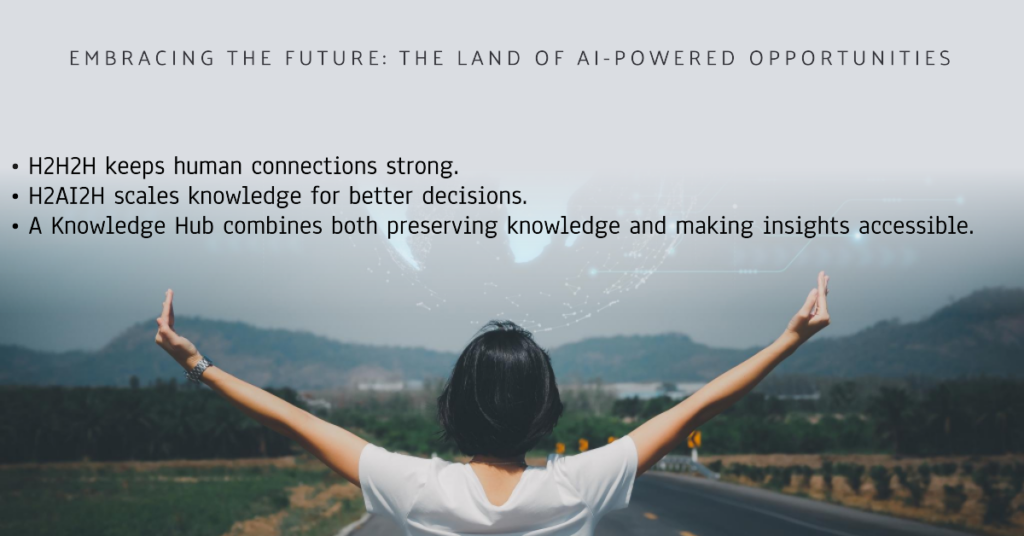
In an era where technology continuously reshapes our lives, “The Land of Opportunity“ is no longer bound by geography—it extends into the digital and AI-powered

DeepSeek is a new AI model that has taken the technology world by storm. DeepSeek-R1 is an AI model built on the latest innovative technologies
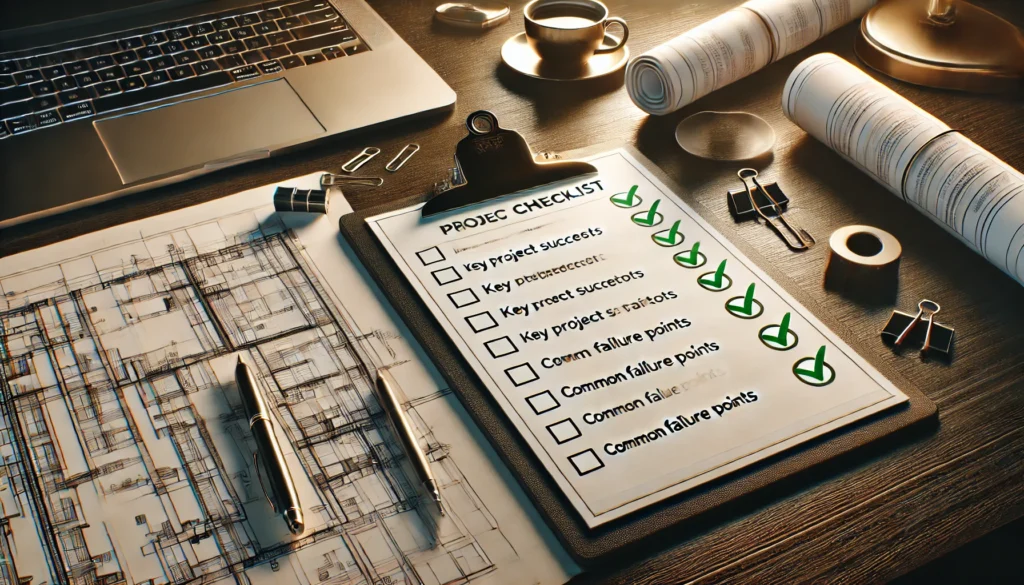
Whether you’re planning a new digital building project or struggling with your current one, it’s worth taking a step back to assess the key factors
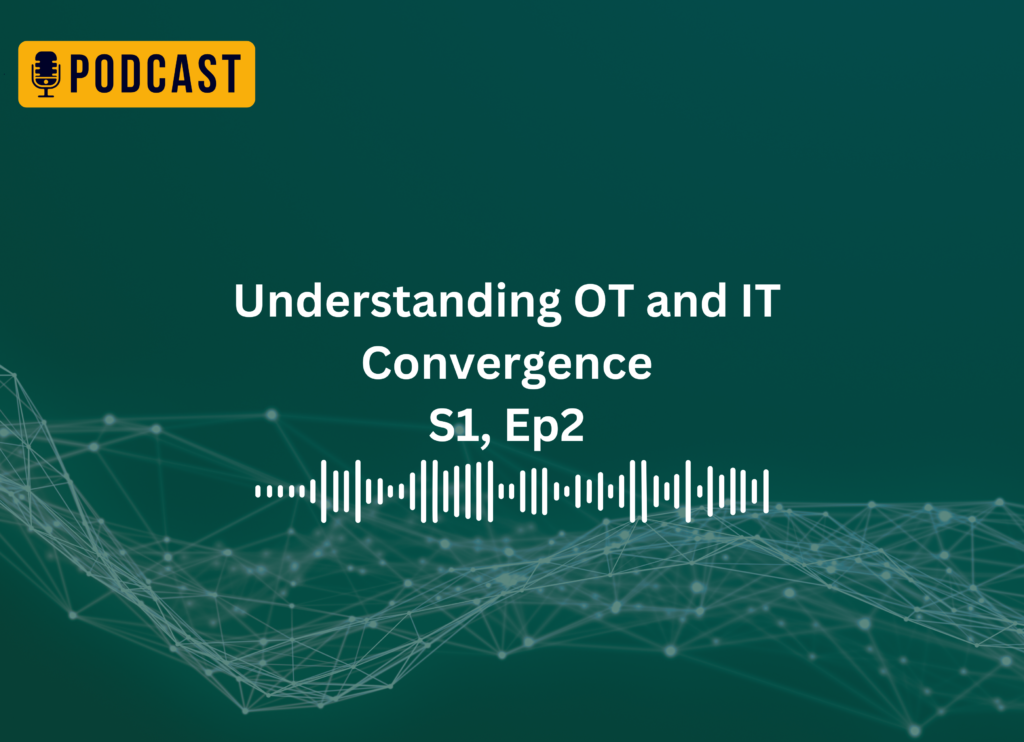
By understanding and managing both OT and IT, businesses can optimize their physical and digital infrastructures, ensuring safety, comfort, and efficiency across all environments.

In a recent episode of Monday Live, industry leaders convened to discuss the future of smart buildings and the role of interoperability. The conversation, inspired by the book “Who Moved My Cheese?”, focused on the concept of an “interoperable cheese platter”: a holistic solution that combines various technologies and approaches to address the evolving needs of the industry.

Moving the Cheese: How to Adapt to Change in the Building Automation Industry
A discussion on the challenges and opportunities in the age of AI and open standards
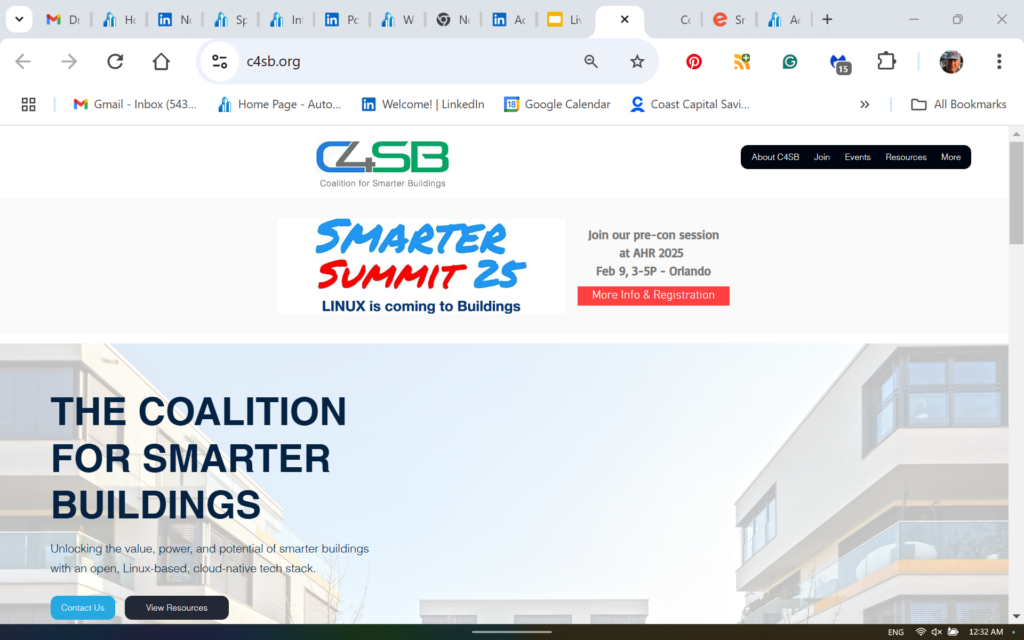
Mark your calendar and be sure to register to be part of this game-changing event before AHR even starts Smarter Summit 25 Add to My
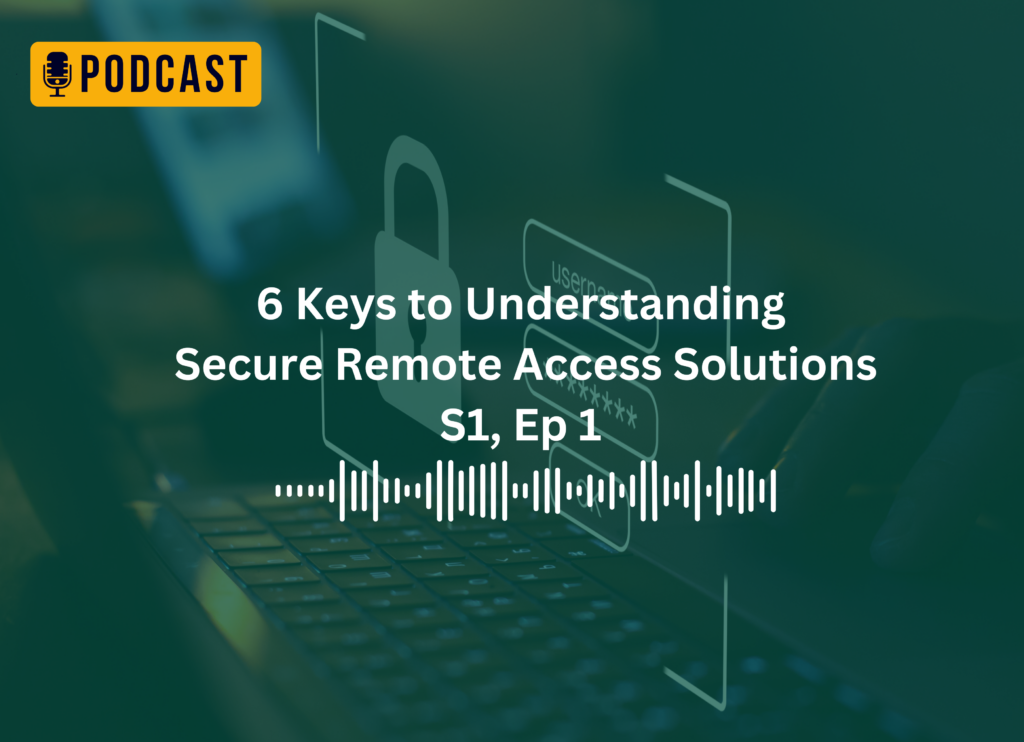
As digital infrastructure evolves, secure remote access has become essential for managing operational technology (OT) environments. Neeve’s solutions are designed to simplify this process while ensuring your spaces are secure, efficient, and easy to manage. Here, we break down key concepts and practices for secure remote access to help you make informed decisions.

The evolution of technology is reshaping traditional models, and this is particularly evident in how applications operate. For decades, centralized logic and decision-making have been

The longer you wait to implement core values of operational efficiency, the faster your competition can outperform you – simply by providing a more modern project delivery experience.

In an era where technology continuously reshapes our lives, “The Land of Opportunity“ is no longer bound by geography—it extends into the digital and AI-powered

DeepSeek is a new AI model that has taken the technology world by storm. DeepSeek-R1 is an AI model built on the latest innovative technologies

Whether you’re planning a new digital building project or struggling with your current one, it’s worth taking a step back to assess the key factors

By understanding and managing both OT and IT, businesses can optimize their physical and digital infrastructures, ensuring safety, comfort, and efficiency across all environments.

In a recent episode of Monday Live, industry leaders convened to discuss the future of smart buildings and the role of interoperability. The conversation, inspired by the book “Who Moved My Cheese?”, focused on the concept of an “interoperable cheese platter”: a holistic solution that combines various technologies and approaches to address the evolving needs of the industry.

Moving the Cheese: How to Adapt to Change in the Building Automation Industry
A discussion on the challenges and opportunities in the age of AI and open standards

Mark your calendar and be sure to register to be part of this game-changing event before AHR even starts Smarter Summit 25 Add to My

As digital infrastructure evolves, secure remote access has become essential for managing operational technology (OT) environments. Neeve’s solutions are designed to simplify this process while ensuring your spaces are secure, efficient, and easy to manage. Here, we break down key concepts and practices for secure remote access to help you make informed decisions.

The evolution of technology is reshaping traditional models, and this is particularly evident in how applications operate. For decades, centralized logic and decision-making have been
Our LinkedIn group has more than 4,000 members + 21,880 LinkedIn connections
Email sponsors@automatedbuildings.com